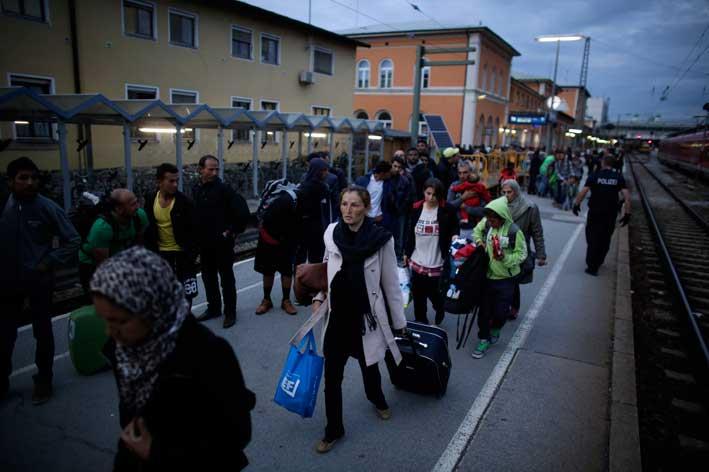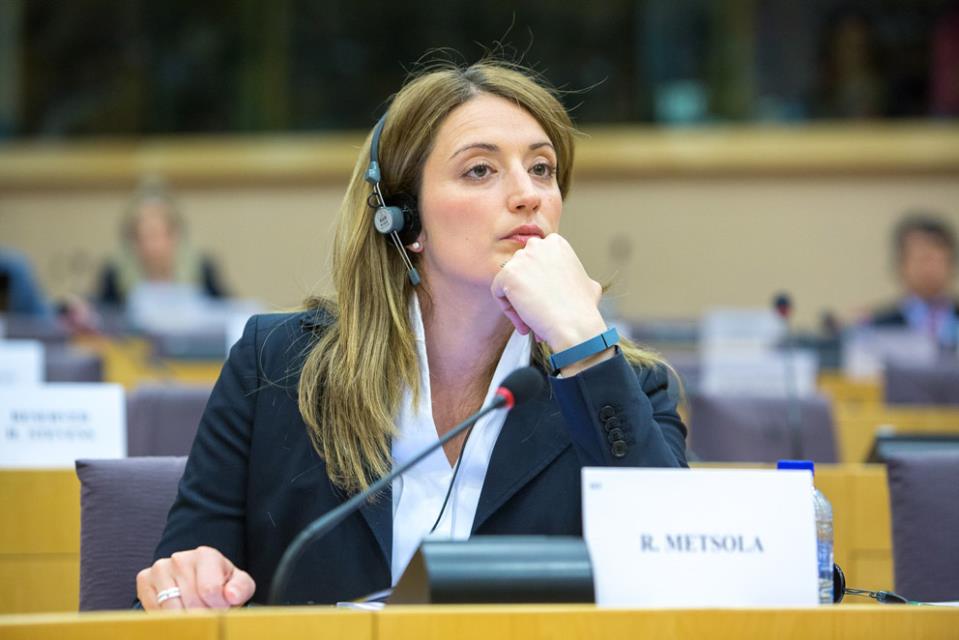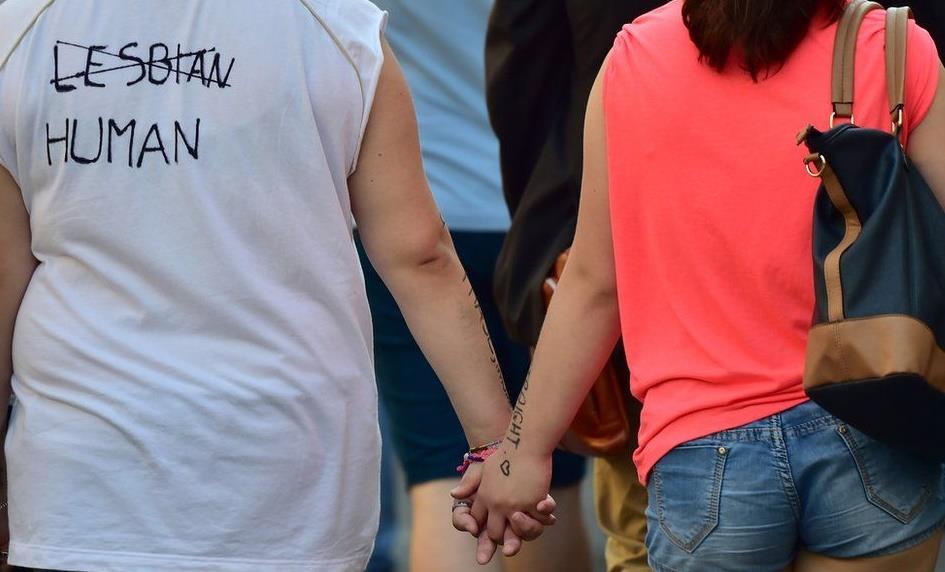Malta and a handful of other EU member states are coming under fire for having included countries that heavily discriminate against LGBTI people on their lists of safe countries where failed asylum seekers can be returned to.
The German Greens have requested the European Commission to open infringement proceedings against Germany after it included several countries, on its ‘safe list’, countries where sexual minorities are discriminated against such Ghana and Senegal. In both African countries, same-sex relationships are classified as criminal offences, meaning they are punishable by imprisonment by the criminal code.
Malta also has Ghana and Senegal on its safe list, as well as Benin, Botswana, Cape Verde, Gabon, Brazil, Canada, Chile, Costa Rica, Jamaica, Uruguay, the USA, India, Australia, Japan, New Zealand and EFTA Countries/Switzerland.
Out of the countries on Malta’s list, Ghana, Senegal, Benin, Botswana, Jamaica and India all target or persecute sexual minorities in various forms. Japanese culture at large is not known for targeting sexual minorities; however, they do not have nation-wide protection and the law does not recognise same-sex relationships.
But having a designated country of origin ‘safe list’ which fast tracks the repatriation of rejected asylum applicants opens the door for abuse, especially for LGBTI applicants who are targeted in their country of origin.
“The fact that the list remains in our legislation allows for this future possibility,” said Neil Falzon, a human rights lawyer and the director of human rights NGO Aditus.

“The safe country origin concept is in itself a flawed one, and should be resorted to in exceptional cases. It presumes that a particular country is safe, but we question the information on which this presumption is based. Does it cover all minorities? Is it relying on data provided by the state? Are episodes of hate crimes hidden and not reported?” Dr Falzon questioned.
The German Green Party also wants infringement proceedings to be launched against Malta, Belgium, France, Luxembourg, Slovakia and the UK for including countries that target sexual minorities on their safe lists.
“It is important to remember that the right to seek protection is a fundamental human right. This means that anybody is entitled to ask for protection, and their nationality cannot be an absolute bar to their application. Malta’s safe country of origin list contains countries where members of the LGBTI community are targeted in various ways, such as through criminalisation, institutionalised violence, lack of police protection, discriminatory legislation or judicial procedures, prohibition of civil society organisations, etc. We have reiterated this concern to the authorities on several occasions, but the list remains and poses a serious threat to persons whose request for protection could be either ignored or sped up simple because of a presumption of safety,” Dr Falzon explained.
That being said, Dr Falzon is unaware of any cases in which people were denied asylum on the basis of the safe country of origin list.
“Malta has always chosen to examine all applicants carefully and in their substance. However, the fact that the list remains in our legislation allows for this further possibility,” Dr Falzon added.
EU law on asylum requires member states to examine all applications individually, on a case-by-case basis, so as to avoid sending a person back to a place where their life would be in danger.
“It is important that, where an applicant shows that there are valid reasons to consider the country not to be safe in his or her particular circumstances, the designation of the country as safe can no longer be considered relevant for him or her,” said Dr Falzon.

MEP Metsola advocates EU-wide list
Speaking in favour of an EU-wide safe list of countries, rather than a national one, PN MEP Roberta Metsola said: “Having a common EU-wide safe list of countries would be a useful tool to help in the effective and safe return of those who are not eligible for protection in Europe. Europe and its Member States have a duty and a responsibility to grant protection to those in need but those people who are found to be ineligible for protection must be returned safely, swiftly and in full respect of their fundamental rights and dignity.
“However, it is essential that every person seeking asylum is given an appropriate opportunity to have an individual assessment of their asylum claim. Just because someone comes from a safe country does not mean that they would or should be sent back there automatically - everyone’s individual case must be examined by the competent authorities and their status determined on a case-by-case basis. This has to be a cornerstone of any European approach to migration,” Dr Metsola said.
Agreeing with the need to safeguard the rights of LGBTI asylum seekers, Dr Metsola said, “within this process, we have to be absolutely sure that people who are returned are not subjected to human rights violations and this applies also to the LGBTI Community.”

Speaking as the European Peoples Party spokesperson on a report on anti-discrimination, Dr Metsola added, “We included a specific section on asylum claims by LGBTI persons and made it very clear that we want EU agencies to, where possible, include specific issues linked to sexual orientation and gender identity in the implementation and monitoring of EU Asylum legislation. We also insisted that all people involved in the process receive adequate training on issues relating to LGBTI persons.”
In the current situation, although an applicant hasn’t been endangered through repatriation on the basis of the safe-list locally, this does not exclude the possibility of such a case in the future. In addition to this, legislation that recognises the rights and protects minorities also acts as guidance for the general public, setting the standard and tone of the way a country treats minorities of any kind.
It wasn’t too long ago when, in 2002, some 200 Eritreans embarked on a harrowing journey to Malta, only to be sent straight back to Eritrea. They were fleeing forced military conscription, and suffered inhumane and degrading treatment upon their return. They were beaten and incarcerated, leading some to take their own lives while others were allegedly tortured and murdered while attempting to escape.
Referring to EU efforts to protect the rights of asylum seekers, Dr Metsola concluded by saying, “We have come a long way in recent years, but we’re not there yet. The work must continue.”